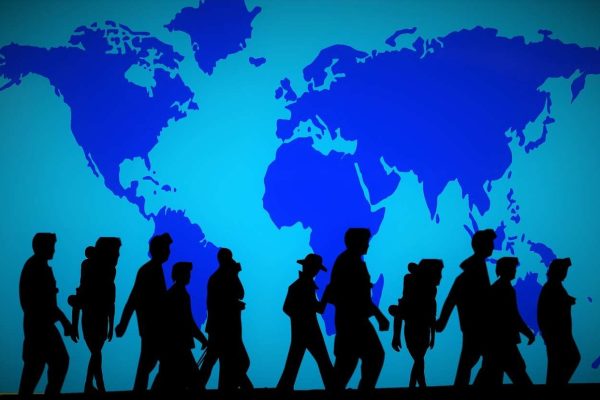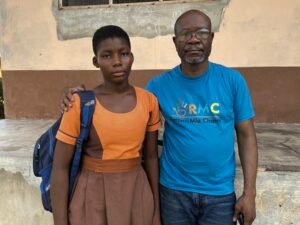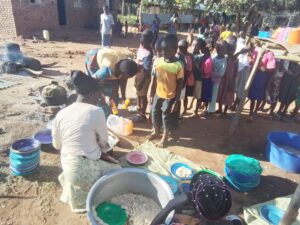INTRODUCTION
Today, climate change is a fundamental but not inescapable process that has overcome any possible skepticism. For many years, the scientific world has been trying to raise public awareness of climate change, showing with data and studies that the climate is changing.
WHAT IS THE CLIMATE CHANGE ABOUT?
Long-term changes in weather patterns and temperatures. In particular, this natural process that has been occurring on Earth for millions of years due to solar cycle variations has been accelerated by human activities in the last two centuries.
WHEN IT STARTED
NASA has detected a sharp increase in the concentration of carbon dioxide in the atmosphere since 1950, rising to over 400 parts per million in just over half a century.
SOME CAUSES OF CLIMATE CHANGE
- Deforestation for agricultural and zootechnical activities, with the reduction of the forest’s ability to remove CO2 from the atmosphere.
- Production of electricity and heat through the combustion of coal, natural gas, and oil;
- Production of goods through non-renewable sources, consumer products, raw materials, and semi-finished products.
CONSEQUENCES
Substantial reduction of glaciers leads to sea level rise and the release into the atmosphere of large quantities of climate-altering gases enclosed in perennial ice.
Among climate change’s consequences is the increase in violent meteorological phenomena. Disasters caused by climate change are also attributable to prolonged droughts and reinforce processes such as desertification and dust storms.
FUTURE
According to the Intergovernmental Panel on Climate Change (IPCC), from the analysis of the scientific evidence produced to date, it is likely that the damages of climate change are considerable and will increase over time.
WHAT CAN PEOPLE DO
- Avoid food waste to preserve food resources and reduce carbon emissions caused by the agricultural sector and food industry;
- Prefer circular solutions oriented towards the recycling, reuse, and repair of consumer goods;
- Choose a supply of renewable and sustainable energy to meet your energy needs.
RYVANZ-MIA
We are very attentive to sustainability and climate change. We care about our planet, and for this, we cultivate the Earth to feed the orphanage’s children sustainably and respect the environment.







